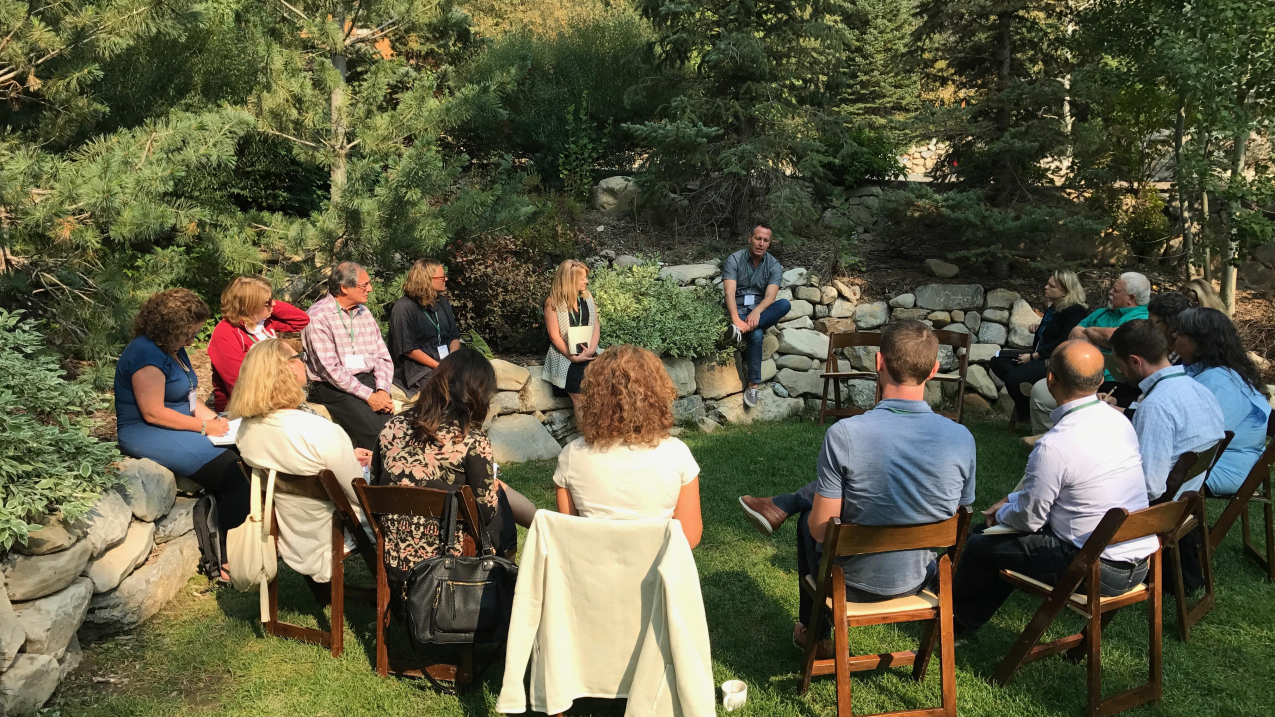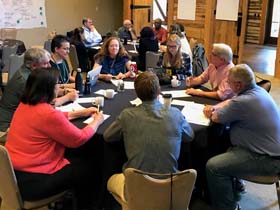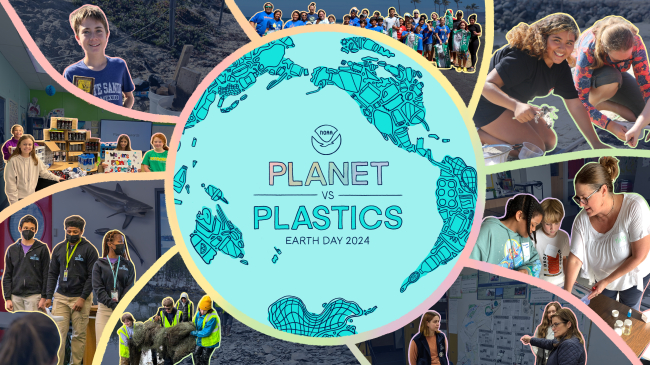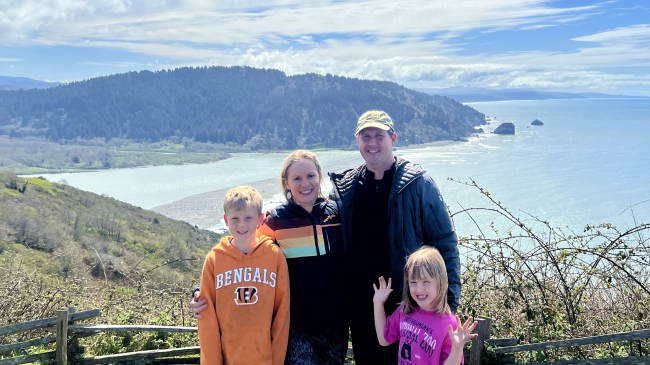Cities, counties, and states are leading local responses to climate change and extreme weather. The need to act is increasingly urgent; in 2017, the United States experienced 16 separate billion-dollar weather and climate disasters. Communities are on the front line in dealing with climate impacts, and this challenge allows them to innovate and experiment with sustainable and resilient living. Currently, 18 states are using resilience and adaptation plans to prepare their communities for future environmental conditions. Additionally, cities and regions all around the country are tackling the same issues at the local level. In 2017, NOAA participated in two meetings that brought educators together with leaders of communities that seek to meet climate goals.

City and climate education leaders discussing how education can support communities climate actions over the coming decades at the Climate Education and Opportunities Collective Impact Summit. (Image credit: Frank Niepold/NOAA)
The Climate Education and Opportunities Collective Impact Summit was held in September 2017 in Sundance, Utah. City and county leaders from across the country met with climate change education professionals, including NOAA’s Climate Program Office, to explore how education can help communities meet their climate and resilience goals. Representatives from cities that are already experiencing the impacts of a changing climate shared their needs. Climate educators helped connect them to existing resources and best practices gleaned from a decade of climate education initiatives. Together, participants brainstormed about next steps. The community leaders and colleagues from the climate education community explored results from federal and philanthropic initiatives and concluded that these initiatives are key to supporting their communities’ climate actions through effective education.

These findings were echoed at a separate workshop that NOAA hosted in September 2017. NOAA’s Office of Education held the Environmental Literacy Program Resilience Education Grantee Workshop at the Museum of Science in Boston, Massachusetts. These grantees are using education to support community resilience to extreme weather events and other environmental hazards. NOAA supported projects that integrated city and state-level resilience plans into their education efforts and collaborated with organizations involved in implementing those plans. A panel of city and state planners explained why they need an informed community to support their efforts. With 13 grantees at various stages of implementing their projects and testing different approaches to demonstrating how education can support resilience goals, the workshop provided a venue to explore challenges, opportunities, and best practices for this emerging field. Grantees began to build a community of practice, sharing what they are learning, how they are working with their local city planners, and how they are integrating resilience and climate adaptation plans.
Both workshops paved the way for increased collaboration among NOAA’s education partners and grantees to better support cities and states in their resilience efforts. NOAA will continue to foster relationships with and among its partners to strengthen the collaborators’ and grantees’ work on climate and resilience education. At these workshops, participants concluded that education partnerships can support climate actions in communities while also preparing the new workforce and equipping citizens, professionals, and other influential leaders with the scientific foundation necessary to make informed decisions.
This story was originally published as part of the 2017 NOAA Education Accomplishments Report.



